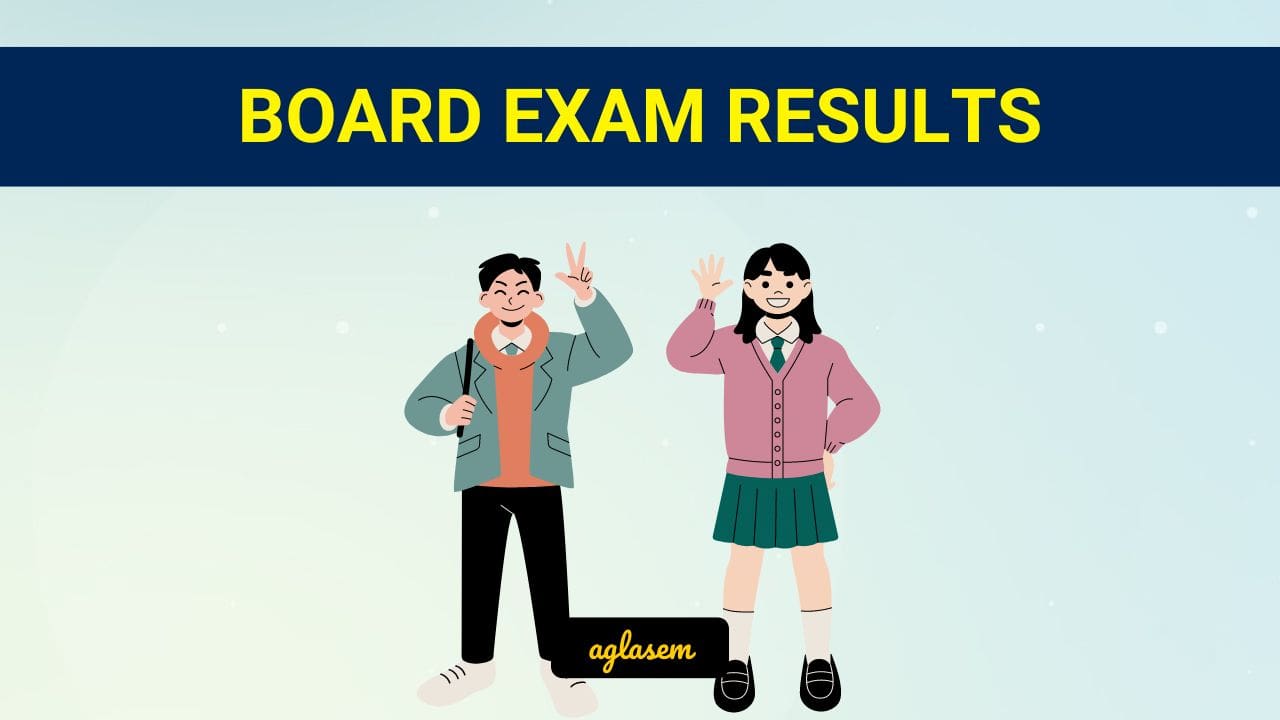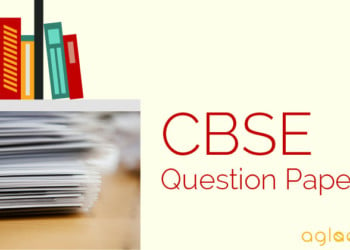The class 10 and 12 CBSE board exams are a big deal for students. So, as the 2024-25 academic session begins, you’re probably already thinking about these tests. Don’t worry! You are not alone! This blog post has come up with the top five study tips that will surely lead you to success.
However, it is important to note that while resources such as CBSE Class 10 Question Banks and CBSE Class 12 Question Banks can be useful in terms of practicing different question formats, they need to be built on solid foundations of core concepts. The top five tips that will make your study effective and efficient are:
#Tip 1: Mastering the NCERT Textbooks
The NCERT textbooks prescribed by the CBSE board are your golden ticket. These CBSE Class 10 Books and CBSE Class 12 Books cover the syllabus extensively and most questions are based on them. Before looking into any other reading material ensure that you understand each concept; definition; diagram or example presented in your CBSE class 10 Books or CBSE Class 12 Books.
Here’s how you can get the most out of NCERT textbooks:
Active Reading: Do not read passively; instead, underline all key points, margin notes should be taken, and ask yourself questions so that there is understanding.
Focus on Understanding: Instead of just cramming facts, try to know why a certain concept is arrived at. This way, it will be easy to apply knowledge in practical situations and solve unseen problems.
Practice with Examples: Do not ignore solved examples given in books but make sure you work through them using them as a platform for tackling more challenging questions from either CBSE class 10 question banks or CBSE class 12 question banks later.
#Tip 2: Prepare Personalized Study Plan
Every student has unique learning needs; hence, there is no one-size-fits-all approach to studying. Identify whether you learn best visually, audibly or kinesthetically, and then mould your study timetable around your strengths and weaknesses. The following are some things to consider when creating your plan:
Subject Difficulty: Allocate more time for the subjects which you find difficult and less time on those that you perform well.
Topic Weightage: Give priority to topics that carry more marks in the examination.
Your Learning Rhythm: Schedule study sessions when you’re most alert and focused. Are you a morning person or a night owl? Plan accordingly.
Breaks and Relaxation: Take breaks between study sessions to avoid burnout. Make time for rest as well as enjoyable activities such as hobbies so as not to strain yourself mentally.
Recommended Books:
CBSE Class 12 Books | For 2025 Board Exams
CBSE Class 10 Books | For 2025 Board Exams

#Tip 3: Study interactively
Simple memorization is an ineffective way of learning. Instead, studying should be an active and interesting process. Consider these strategies:
Visual Learners: Use mind maps, flowcharts, diagrams, etc, to illustrate complex concepts. This is enhanced by the use of colourful markers and highlighters, making it easy for visual recall.
Auditory Learners: Read your notes aloud, record yourself explaining key concepts, talk about a topic with friends.
Kinesthetic Learners: Rewrite notes in your own words, practice problem solving on paper and test your memory using flashcards.
Group Study: Form study groups with classmates where you discuss ideas together; ask each other questions; and give different explanations about subjects/topics from various perspectives. This will be helpful in identifying areas needing improvement thus clarify understanding better.
#Tip 4 – Practice makes perfect
But once you have understood what is being taught in CBSE Class 10 Books or CBSE Class 12 Books; then try practicing what you have learned. This will make your studies effective through practice techniques such as below:
Solve CBSE Sample Papers and Previous Year’s Question Papers: Know the exam pattern, marking scheme, and types of questions asked. Analyze your performance and identify areas requiring further revision.
Practice Time Management: Allocate a specific time for each section in a practice paper and adhere to it. This will help you develop skills in time management that are vital for the actual exams.
Focus on Weaknesses: Do not shy away from difficult topics. Spend more time solving problems on areas that are difficult for you. There are many online resources and practice papers that can be used to supplement learning.
#Tip 5: Stay Healthy and Focused
To overcome this hurdle, you must be healthy both physically and mentally. Here are some tips on how to take care of yourself during this critical period:
Balanced Diet: Take food which is nutritious, thus providing energy throughout the day without any sudden breaks.
Regular Exercise: Involve yourself in physical activities at least 30 minutes most days of the week.
Maintain a Healthy Sleep Schedule: Get 7-8 hours of quality sleep every night. Well-rested minds learn better and retain information more effectively.
Practice Relaxation Techniques: Exam anxiety can be managed through meditation, deep breathing exercises or listening to soft music, which enhances concentration.
Additional Notes:
- Though it is not mentioned in these tips, using CBSE Class 10 Books as well as CBSE Class 12 Books as main study materials is highly suggested.
- Refer to the official CBSE website in order to know what the syllabus includes as well as exam pattern information updated by them regularly.
- Ask your teachers for guidance with no fears about clarifying doubts when necessary.
Remember: The CBSE Board Exams are a test of your understanding, not just rote memorization. By following these study tips, mastering the NCERT curriculum, and maintaining a positive attitude towards life, you can approach the exams with confidence and achieve your desired scores.
To get study material, exam alerts and news, join our Whatsapp Channel.



